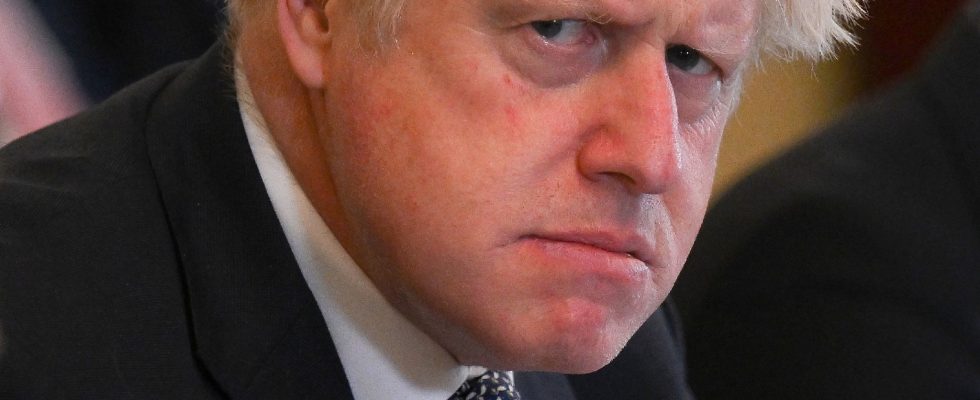Brexit is 7 years old, the age of reason? After the fever of the first years, endless negotiations, heated debates in Parliament, dramatic events, the parade of Conservative Prime Ministers in Downing Street (five in six years), settling of scores and purges within the party Tory, the dust seems to be settling and the reality of Brexit is finally emerging. Covid and the invasion in Ukraine no longer serve as explanations for the poor figures for the British economy. Eyes open and tongues loosen.
Long considered unpatriotic, even anti-democratic, the criticism of Brexit is now evoked a little more freely. It is no longer that angry cry or that cry from the heart, but rather a bad memory. It must be said that even Brexiters are beginning to regret their choice. It even has a name: Bregret. In June 2023, 56% of Britons believe leaving the EU is a big mistake, compared to 32% Brexit enthusiasts and 12% undecided. This trend, which has been constant for a year, is also increasingly clear, with the gap widening with each monthly survey. A report by the Tony Blair Institute published this week even shows that 78% of Britons want closer ties with the EU.
However, we are no longer in the time of the passions. There will probably be no more monster demonstrations in the streets of the country as in October 2018 and March 2019 when a million people marched in the streets of the British capital waving blue flags with gold stars in the shape of a heart. . THE Remainers then demanded the holding of a second referendum, a “people’s vote”. A petition to this effect had collected nearly 6.1 million signatures in just 4 months.
Account time
The time is now rather at the closing of the accounts. After 13 years in power, the Conservative Party, bloodless and divided by Brexit, is preparing to hand over to Labor led by Keir Starmer. The current Prime Minister, Rishi Sunak will try to limit the damage but the general elections of 2024 should return the conservatives to the opposition benches. The persistent inflation (8.7% in June), the 61% increase in average monthly mortgage payments, the housing crisis, the overcrowding of health services, the regular strikes by teachers and health personnel for a year, weigh down the political and social climate. For political scientist John Curtice, “the defeat of the Tories is not in doubt.”
The fall of Boris Johnson, whose 106-page parliamentary report published the week estimated that he had knowingly lied to Parliament about the drunken evenings in Downing Street during confinement, even mentioning in particular his “ability to cut himself off from facts and of reality”, is, according to the English expression, “the last nail in the coffin”.
All this leads some to say that sooner or later we are heading for a second referendum on Brexit. Its craftsman being officially a liar, his lies during the campaign (in particular that leaving the EU would bring in 350 million pounds sterling per week to the British health service) are too.
door wide open
Keir Starmer’s Labor is playing the long game. If they do not want to talk too much about Brexit during the campaign, they intend to do so as soon as they come to power. And if, as shown by the last by-elections, they risk governing in a coalition with the most European of political parties, namely the Liberal Democrats, they will have to move towards a second referendum, or at least towards a rapprochement with the EU.
Starmer started talking about it at the end of May in front of the country’s business leaders. “If we want to return to growth, we must get closer commercially to our European partners”, and to add: “we must go back to the negotiated deal and improve it.” The terms are purposely vague, and the door wide open.
